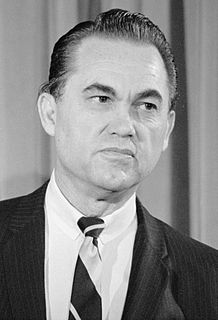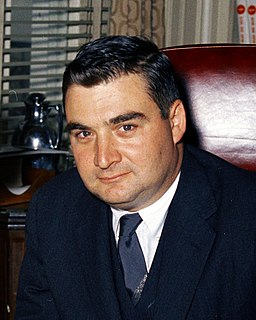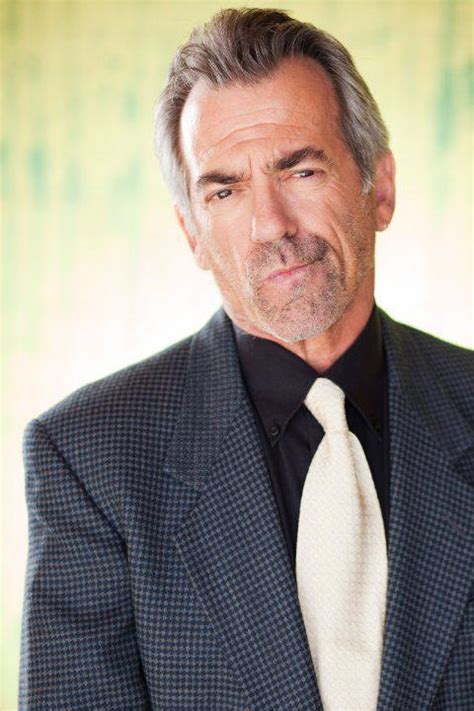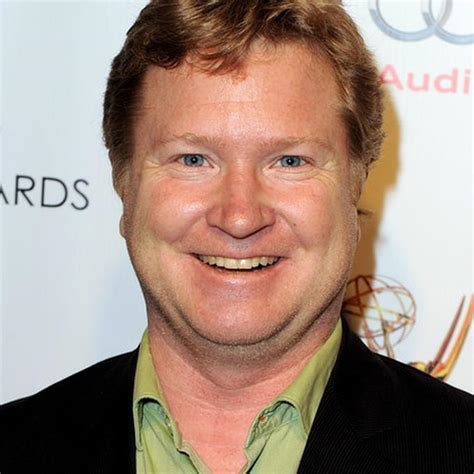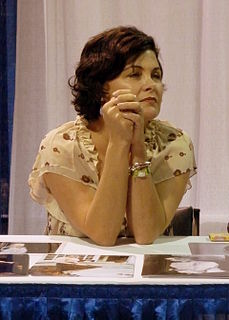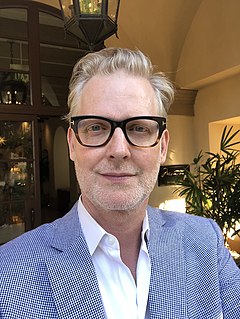A Quote by Robert Dallek
When Johnson decided to fight for passage of the law John F. Kennedy had put before Congress in June 1963 banning segregation in places of public accommodation, he believed he was taking considerable political risks.
Related Quotes
Public image is extremely important in American society and I observed personally that the Presidency of John F. Kennedy did much in the public mind for Harvard. Harvard was an excellent school before Kennedy, but Kennedy embodied a new vision for the United States: a leader who caught the world's imagination and that reflected on his alma mater, Harvard.
By every measure, John Kennedy's sex life was compulsive and reckless. At one level, it had clear public consequences. Knowledge of Kennedy's behavior gave FBI Director J. Edgar Hoover absolute job security, as well as the potential power to derail Kennedy's re-election had he survived assassination.
And is not peace, in the last analysis, basically a matter of human rights -- the right to live out our lives without fear of devastation – the right to breathe air as nature provided it -- the right of future generations to a healthy existence?" (John F. Kennedy, June 10, 1963, American University speech)
With 450,000 U. S. troops now in Vietnam, it is time that Congress decided whether or not to declare a state of war exists with North Vietnam. Previous congressional resolutions of support provide only limited authority. Although Congress may decide that the previously approved resolution on Vietnam given President Johnson is sufficient, the issue of a declaration of war should at least be put before the Congress for decision.
I believe history will come to view 9/11 as an event on par with November 22, 1963, the date on which John F. Kennedy was murdered, cutting short a presidency that was growing ever more promising. Dreams died that day in Dallas; it is easy to imagine the 1960s turning out rather differently had President Kennedy lived.

